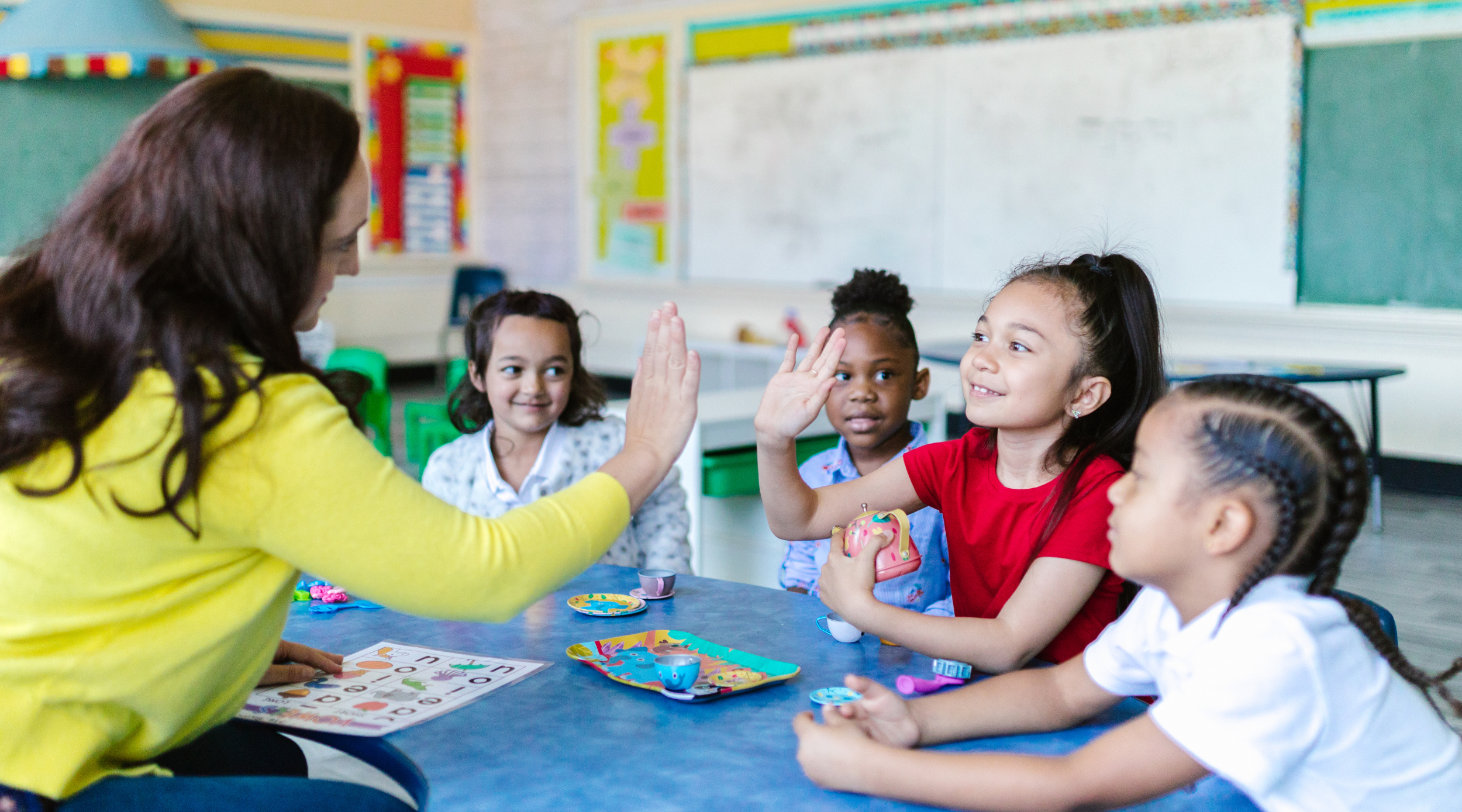
What we’re working on
PARTNERSHIP FOR INCLUSION OF NEURODIVERSITY IN SCHOOLS (PINS)
What do we mean by neurodiversity?
The following are common definitions, but the way the terms are used may vary between different groups.
-
The concept of natural variations in the way that our brains work – something to be embraced, and celebrated
-
Used to refer to brain types that function and process information in the way that society expects.
-
Used to refer to brain types that think differently, or process information or interact with the world differently.
‘Neurodivergent’ is regularly used to refer to autism, attention deficit hyperactivity disorder (ADHD), dyslexia, dyspraxia and dyscalculia.

Overview
Launched in spring 2024, the Partnerships for Inclusion of Neurodiversity in Schools, or PINS for short, is a national initiative which will test a new model for supporting good outcomes in mainstream primary schools for neurodiverse students.
The project, which focuses on strengthening relationships between schools and parent carers and improving environments to better meet the needs of neurodiverse children.
Through parent carer engagement sessions and meetings, the PINS Project aims to help shape whole school SEND provision and leave a sustainable impact, building a legacy of closer collaboration between schools, parent carers, education and health.
Work Continues…
Due to the national and local success of the trial year of the PINS project, 10 new schools in South Glos will be taking part in 2025/26.
The aim is once again to shape whole school SEND provision, foster supportive learning environments and strengthen relationships between parents and schools.
The thirteen schools who took part in 2024/25 will continue to receive support as they embed the whole school changes they’re making as a result of the project.
Who is leading the project?
Funded by the Department for Education (DFE)
Led by NHS England
Includes the local authority and parent carer forums
Project goals
Help shape whole school SEND provision
Provide early interventions at a school level
Upskill school staff
Strengthen partnerships between schools and parent carers
Focus on supportive learning environments and well-equipped schools
Participating Schools 2025
Abbotswood Primary School
Barrs Court Primary School
Charborough Road Primary School
Christ Church, Church of England Junior School, Downend
St Anne's Church of England Primary School
St Stephen's Infant School
Stoke Lodge Primary School
Wallscourt Farm Academy
Wellesley Primary
Watermore Primary School

Upcoming parent sessions…
As part of the project SGPC will host three events in every school.
There’s no need to book, just pop along to your child’s school on the day. The events are for all families in the school, your child does not need a diagnosis
These sessions are a chance for us to
Ensure that parent carers have their voices heard
Look to identify recurring themes in each school
For parents attending it’s also a chance to find out more about SGPC and the support available to them.
For online events, please look out for the link being shared by your school.
What happens next?
The impact from the trial year was positive and meaningful, with a real emphasis on co-production - parents and professionals working together from the very start to find out what was needed to make the whole school inclusive, and then continuing to build on that.
Staff from SGPC and Woodlands Primary School share their experience of being part of the PINS project.
Participating Schools in 2024
Almondsbury Primary School
Barley Close Primary School
Callicroft Primary School
Charlton Wood Primary School
Coniston Primary School
Courtney Primary School
Gillingstool Primary School
Kings Oak Academy (primary only)
Little Stoke Primary School
Parkwall Primary School
St Augustine's Primary School
Tyndale Primary School
Woodlands Primary School
See below for the latest updates and events

What Mark Hemmings, Senior Performance Manager, Learning Disability & Autism at BNSSG ICB said about our involvement in the project:
“The SGPC team has been absolutely fantastic in both their support and development of the PINS project in South Glos, without which the project simply would not have happened. The challenges of identifying, establishing a relationship and working with the 13 primary schools have been considerable, but the SGPC team stepped up admirably. Through tremendous hard work they have ensured the schools will receive a significant support package to improve their knowledge, awareness, and confidence in meeting the needs of their neurodiverse children between September 2024 and March 2025.”











